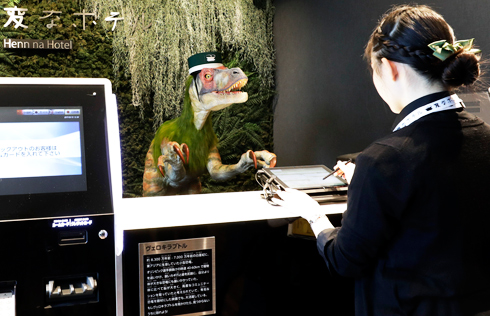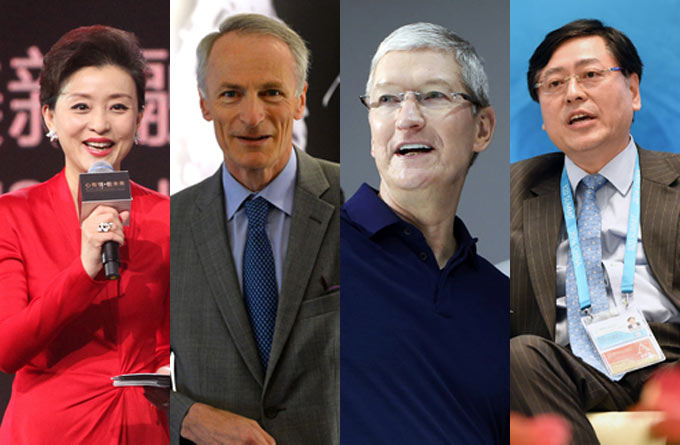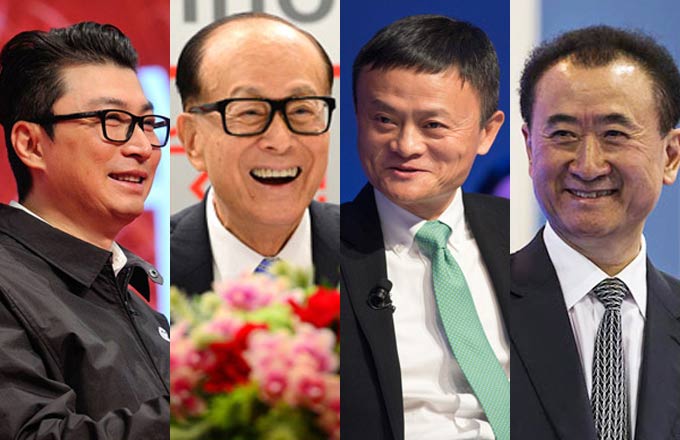Cooling-off period for e-shoppers proposed
China's consumer rights law, which was enacted in 1993, does not have stipulations on the protection of online consumer rights.
"Consumption patterns, structure and concepts in China have undergone great changes over the past two decades," Li said, adding that the proposal aims to adapt the law to today's consumers.
The proposal stresses the right of consumers to get accurate information, adding that sellers should provide authentic information about their products or services to e-shoppers.
"Online shoppers will be able to ask for compensation from the e-trade platforms where the transactions took place, even if the seller has stopped using the platform," the draft said, adding that the platform can then claim compensation from the seller after paying the compensation to e-shoppers.
The requirement, if passed, will affect mostly business-to-consumer online stores, as wells as platforms such as Amazon and Tmall, a major domestic shopping site.
Yu Bin, a property manager in Tianjin, said he was once cheated when he shopped online for a USB modem, which included 12 months of Internet access.
"I bought the modem at an online store, which offered a very impressive discount. But the device stopped working after one month, even though I paid for a full year of service," the man said.
He said that he then tried to contact the shop owner, but the entire online store had disappeared from the shopping website.
However, Liu Junhai, deputy director of the China Consumers' Association, said that the draft amendment won't be able to protect consumers such as Yu, since the product was bought in a consumer-to-consumer website instead of a business-to-consumer site.
Chinese authorities do not require C2C traders to register with local business administration authorities and hence do not tax these traders, even though some of the businesses have expanded to a considerable level.
Liu said that the loophole should be addressed, as almost 70 percent of online sales are conducted between consumers and C2C dealers.

















